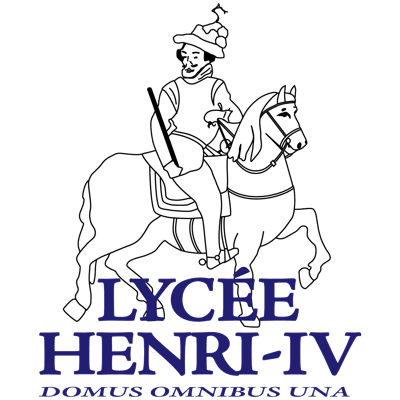A Statistical Physics Approach to the Exploitation-Exploration Dilemma in Human Adaptive Behavior
Co-author: Prof. Etienne Koechlin
Humans exhibit impressive adaptive behavior in diverse environments. However, a unifying theory that accounts for the fundamental principles underlying human adaptive behavior is lacking.
We propose a statistical physics theory describing adaptive behavior based on the following postulate: actions are chosen to maximize knowledge acquisition within internal world models of the environment under energetic resource constraints.
We derived a unique choice distribution this contraint optimization problem. Since some parameters have no analytical solutions, we computed simple and very close approximations. Then, we tested our theory using a game called the multi-armed bandit, where people have to decide which slot machine to play to win the most money. We simulated how people's choices changed over time.
We are launching an online behavioral experiment - a multi-armed bandit task - to test several predictions of our model.
Institutions and partners: LNC2, Département of Cognitive studies of the ENS-PSL, Inserm.
How we decide to trust someone or not
Co-author: Julien-Lie Panis, Prof. Jean-Baptiste André
While economists have delved into the concept of trust extensively, a comprehensive framework for understanding interpersonal trust has remained elusive. In this study, we propose a holistic model that considers various factors including reward asymmetry, internal and external information variability, observation reliability, cognitive biases such as discounting, and individual-specific priors. By employing trust games as foundational interactions and leveraging evolutionary game theory alongside functional analysis techniques, we have demonstrated that the decision to trust an individual in a particular scenario is akin to evaluating their long-term orientation, which is reflected in their discount rate. Furthermore, we have developed computational methods to determine whether, given the available information about an individual, one would opt to trust them in a given context.
An article will be soon published.
I will give an all audience conference during the festival Pint of Science (sold out).
Institutions and partners: Institut Jean-Nicod, Département of Cognitive studies of the ENS-PSL, CNRS.
Unveiling Financial Market Dynamics: Towards Preventing Crises
Co-author: Basile Marin
Other Collaborators: Prof. Gur Huberman, Ovi Doke
Our research addresses the intricate dynamics of financial markets and their profound implications for averting crises. Our investigation centers on the interplay between market architectures, agent behavior, and the emergence of financial bubbles. Through collaborative efforts, we have developed the Trinitarian Market, an innovative market structure aimed at expeditiously revealing informed prices and proactively mitigating the onset of financial crises.
We refined a behavioral model that elucidates the role of transaction rules in shaping market trajectories. Drawing upon insights from crowd physics, we model various trader archetypes as distinct forces, offering a nuanced understanding of market dynamics. Complex analysis yields equations estimating the probability of market crashes along different trajectories, laying a foundation for proactive crisis management. This endeavor underscores the urgency of addressing market inefficiencies and underscores the potential of our collaborative efforts to revolutionize financial market stability.
Two articles will be soon published.
Institutions and partners:Columbia Business School, Columbia University in the city of New York, PSL University, ANR (French National Research Agency).



